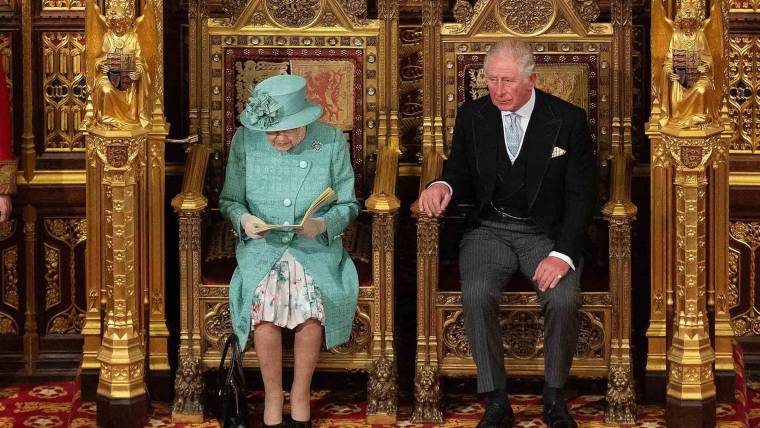LONDON — British lawmakers on Friday finally voted to back a plan to withdraw from the European Union.
Prime Minister Boris Johnson’s bill, backed by a huge parliamentary majority, will take the country out of the 28-member bloc on Jan. 31, and lays the groundwork for sweeping foreign and trade policy shifts.
The 358-234 vote marks a significant breakthrough for Johnson, who stormed to electoral victory last week on a pledge to “get Brexit done.” The former mayor of London won the largest Conservative majority since Margaret Thatcher in 1987, confirming his position as prime minister after he took over from Theresa May in July.
Johnson’s majority of 80 seats in the House of Commons meant he was able to pass the Withdrawal Agreement Bill — legislation that will implement the divorce deal hammered out with the European Union (EU).
The announcement of the result was met with cheers, as well as some jeers, in the packed chamber where many lawmakers were forced to stand due to limited space.
Britain joined the European Economic Community, a precursor to the European Union, in 1973. After the U.K. voted to leave the bloc in June 2016, May failed on three occasions to win support for a deal she had agreed to with the EU, leading her to step down in June.
Let our news meet your inbox. The news and stories that matters, delivered weekday mornings.
In October, Johnson was forced to break his own “do-or-die” deadline to lead Britain out of the EU after lawmakers rejected his proposed timetable to get the Withdrawal Agreement Bill through parliament, meaning he had to request a Brexit extension from European leaders.
The bill — dubbed WAB by Brexit-watchers — commits Britain to leave the EU on Jan. 31 and to conclude trade talks with the bloc by the end of 2020. The final stages of ratification will take place after Christmas.
Ahead of the vote, Johnson told Members of Parliament that his bill “ensures Brexit will be done” and “it will be over.”
He added that passing it would end the “acrimony and anguish” that has consumed the country since it voted to leave and struggled to negotiate terms of its departure.
“The sorry story of the last 3 1/2 years will be at an end and we will be able to move forward together,” he said.
“Now is the time to act together as one reinvigorated nation,” Johnson added.
After winning the vote he tweeted: “We are one step closer to getting Brexit done.”
Opposition leader Jeremy Corbyn told Parliament that his Labour Party still believed Johnson’s Brexit deal was “terrible.”
“There is a better and fairer way for this country to leave the EU,” he said.
However, this should not be confused with the end of Brexit as the U.K. is only nearing the end of stage one.
Much of the angst over Brexit since Britain voted to leave has centered on the divorce itself. With that endorsed by Parliament on Friday, the U.K. must now pivot to negotiating what Brexit will actually look like for citizens and businesses alike.
Britain will first enter a transition period that lasts until December 2020 in which it will continue to act like a member of the European Union. In the meantime, top of the agenda is defining the nature of Britain’s future relationship with the European Union post-divorce.
By most accounts, 11 months to strike a trade deal is ambitious but Johnson has insisted that he won’t agree to any more delays. The pledge has set off alarm bells among businesses, who fear Britain could crash out of the European Union with no future trade arrangement in place at the beginning of 2021.
A “no deal” Brexit is widely considered a nightmare scenario — raising the possibility of shortages of food and medicine, civil unrest, and conflict in Northern Ireland.
Associated Press contributed.












